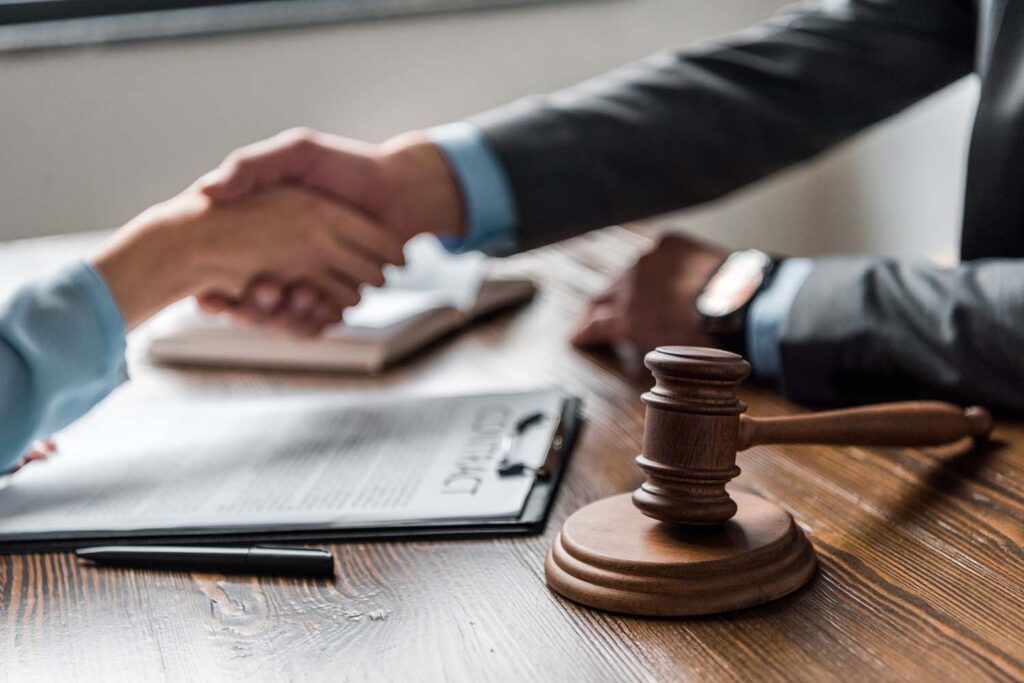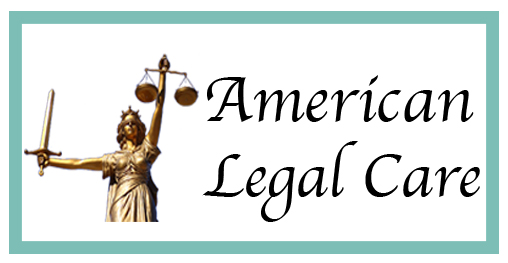Pros and Cons of Using a Public Defender
When you are facing criminal charges, you need and have the right to legal representation during your case. Despite the right to have legal counsel, you may not be able to afford a private attorney to handle your case. You may be wondering how do I get a public defender? Here’s a list of the pros and cons of using a government-sponsored public defender versus a private attorney.

Case Load
While a private lawyer may not have the caseload that a public defender has, the public defender often has more experience in these cases than the private attorney. Since public defenders work on many criminal cases, they often know many of the judges and prosecuting attorneys. The public defender may have an easier time working with the prosecuting attorney on a favorable deal than a private attorney. These relationships can aid the defendant. Be advised that using a public defender may not result in seeing the same attorney each time.
Financial Obligations
Private attorneys charge by the hour a certain dollar amount. They charge for every meeting, phone call, email or court appearance. A public defender, on the other hand, is paid for by the government, not the client. So the public defender may have more cases, but you as their client do not have a financial obligation to them. To qualify for a public defender, you must show that you do not have the ability to pay for a private attorney based on your income and expenses.
Client Communication
Unfortunately, a huge downside to using a public defender over a private attorney is the time and client communication. Private attorneys have more time to spend communicating with their clients. The attorney is available via phone and email many times throughout the day to answer questions and ease concerns. Public defenders are often short on time due to handling so many cases. Therefore, many public defenders do not communicate as often or as much detail with their clients. A public defender may lean towards getting a plea deal early to help lessen their own caseload but not always.
Having a private attorney comes with a lot of advantages for increased communication, personalized service, and familiarity. But private attorneys are also expensive and may not have as much experience with your type of criminal case. Public defenders are an option for those unable to afford a private attorney. Qualifying for a public defender allows you to have legal representation often as good as a private attorney during your criminal proceedings.
In most situations, when a person has been accused of a crime and cannot afford to hire a lawyer to represent them at court appearances, the accused can ask for a public defender to be assigned to them. A public defender is an attorney who is employed by the state to represent indigent criminal defendants for free. Some states have similar laws that govern public defenders but each state has laws specific to that state. If you are looking for legal advice, it is important that you get it from a lawyer who is licensed to give it in the state where your legal issue takes place.
The following are simplified versions to some of the steps you might take to get a public defender:
Ask At Arraignment
When someone is arrested, they are typically given a notice to appear in court, or they may be held in a local jail until their arraignment. An arraignment is when someone is called or brought before a court to answer a criminal charge. It is during their arraignment that most people are given a chance to ask for a public defender.
Depending on the state or county, a person asking for a public defender may be required to bring proof of their financial situation to show their inability to pay for a private attorney. In general though, especially if a person is being held in jail until their arraignment, simply requesting a public defender moves the defendant on to the next step in the process.
Interview with the Public Defender’s Office
Many larger cities and more populated counties have their own public defender’s offices that employ full-time government lawyers who work exclusively for the government to represent indigent criminal defendants for free.
Eligibility for a public defender is determined on a case-by-case basis, usually based on the following:
- Available income
- Severity of the charges
- Availability of family and other support networks
The lower one’s available assets are and/or the more severe of a crime a person is accused of, makes it more likely you will be approved and assigned a public defender.
Conflicts of Interest
Once a defendant has been approved for free legal representation, then the public defender’s office will typically conduct an intake interview about you and your case in order to assign you to a specific attorney. During this interview, it is important to establish that representing you would not present a conflict of interest.
Once it has been established that there will be no conflict of interest in representing a defendant, the defendant will officially be assigned that public defender, or in some cases, a specially designated “conflicts counsel” who also represents criminal defendants for free.
When a criminal defendant does not qualify to be represented by a public defender, they can either try to find a private lawyer that they can afford or they can choose to represent themselves.
Be informed of American legal information and news with American Legal Care.
